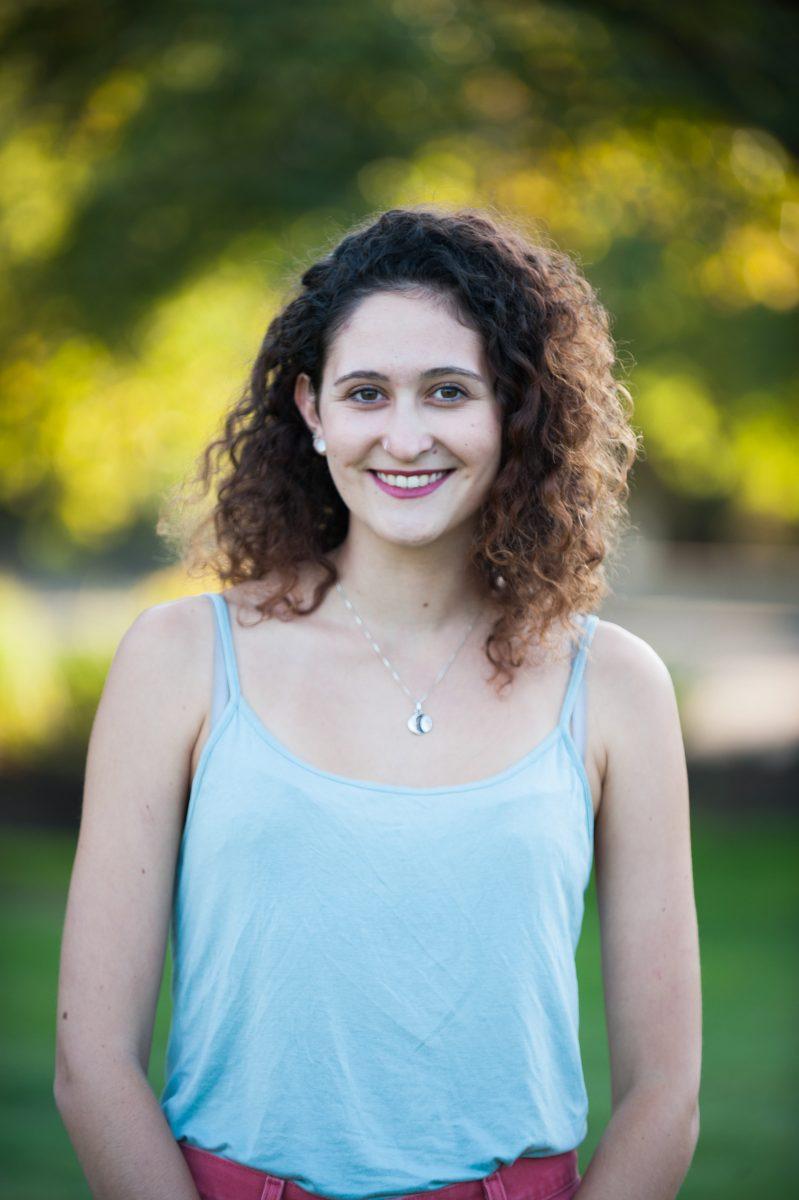There was absolutely nothing I could, or what’s worse, should do about the situation I was in. The feeling was so infuriating.
I was stuck in a car with a group of people that I came to realize would judge and dislike me no matter what I said.
Martina; a roommate of mine in Madrid, and I had decided to take a trip to Valencia for the weekend to partake in celebrations signifying the conclusion of a cultural festival that had been taking place that week.
It was the first time I’d used BlaBlaCar, the new popular rideshare website that provided Europeans with cheap and easy ways to find rides across the continent. The service is similar to Uber but on a much larger scale.
Forty minutes in, we stopped to pick up another guy on the way to Valencia, a 25 to 30-year-old, attractive young man, native Valenciano named Javier.
The conversation quickly started up again between the couple providing the ride, my Italian roommate, Javier and I.
Small talk quickly took a rather large turn in an ugly direction, and 9/11 conspiracy theories are brought up.
“I, and I believe the rest of us are and should be afraid of the U.S.,” Javier begins to say in reference to his shared 9/11 theory.
I was in no haste to change the fact that he had not yet realized there was an American sitting right next to him in the car, all thanks to my native Uruguayan mother who taught me Spanish well.
Martina piped up to warn him that he was in the presence of an American before he treaded into deeper waters. I chuckled because I wasn’t offended in the slightest by his comment.
The older lady driving, Toni, who already knew I was American, then attempted to “clear the air” and said; “no, I am most afraid of the Jews.”
Double whammy! Little did she know a big, old, scary Jew, was sitting in her backseat.
Anti-Semitism is shockingly still alive in 2015, andeven more so in certain areas over others.
Having lived in Europe for a year, I got used to seeing drawn swastikas, crossed out swastikas and a variety of other graffiti along the same lines.
My favorite one was an angry pacman eating a swastika, I’m still not sure if it was a jew-friendly piece, but I choose to believe that it was.
Growing up in liberal San Francisco created a bubble to the beliefs of a lot of the rest of the world. Even when I moved up to Sonoma I encountered weird chuckles or surprised expressions when me being Jewish came up.
I’ve never felt discouraged or threatened by these strange pauses in conversation, but I’ve always wondered what the other person is thinking; why is me being Jewish so strange and surprising?
For thousands and thousands of years Jews have been persecuted. We call ourselves a nomadic tribe, if it wasn’t fleeing Egyptthen it was the Spanish inquisition, or even more recently Germany during the Holocaust.
I came to the realization that being Jewish in Europe was a rare thing to find. I was the first Jew the majority of my European friends had ever met. During my year away I witnessed manyanti-Semitic encounters.
In Copenhagen, a Holocaust memorial was defaced with a swastika on Holocaust remembrance day.
In Rome I was taking a picture of some pro-Palestine graffiti and a guy we had met that night blatantly said “I hate the Jews” without blinking or thinking twice.
No one expects to actually meet a Jew because they think they’re all gone; boy was he surprised.
I take these encounters as an opportunity to open up a conversation about why, and specifically where does this hatred of Jews come from? It’s definitely been a part of our history but without reason, just like the hatred or oppression of any other race or group of people.
In 2015, you’ll more likely get lashed for being homophobic rather than being anti-Semitic.
Today, people’s dislike for the state of Israel and their politics translates into an excuse for being anti-Semitic, but what a lot of people forget or don’t realize is that being Jewish doesn’t make you a Zionist (the belief that Jews should have their own nation), and that the nation should be Israel.
This is very important to remember because disliking the politics of one country shouldn’t be the sole backbone in your argument against an entire group of people.
Ideal differences shouldn’t be used as an excuse to hate Jews, the way I have seen Zionism used. There are many Jews who aren’t Zionist. There is no easy solution to the Israel-Palestine conflict and whatever the outcome no one will have truly won.
Having said that, I am a Zionist and strongly believe now more than ever that there should be a country; Israel, where Jews are accepted and won’t be persecuted the way history has seemed to repeat; however, the problem between Israel and Palestine stems much deeper than that.
I only wish there was a way for there to be a two-state solution that could truly work but so far this hasn’t been the case.
It’s 2015 and our array of social issues across the world are still much too alive.
Equality of all races, religions, sexes and/or social groups is a never ending fight.
When will we be able to universally think and work together and coexist as one, all brothers and sisters of the same world and life which we cherish?





![[Both photos courtesy of sonoma.edu]
Ming-Ting Mike Lee stepped in as the new SSU president following Sakakis resignation in July 2022](https://sonomastatestar.com/wp-content/uploads/2024/04/CC4520AB-22A7-41B2-9F6F-2A2D5F76A28C-1200x1200.jpeg)


























